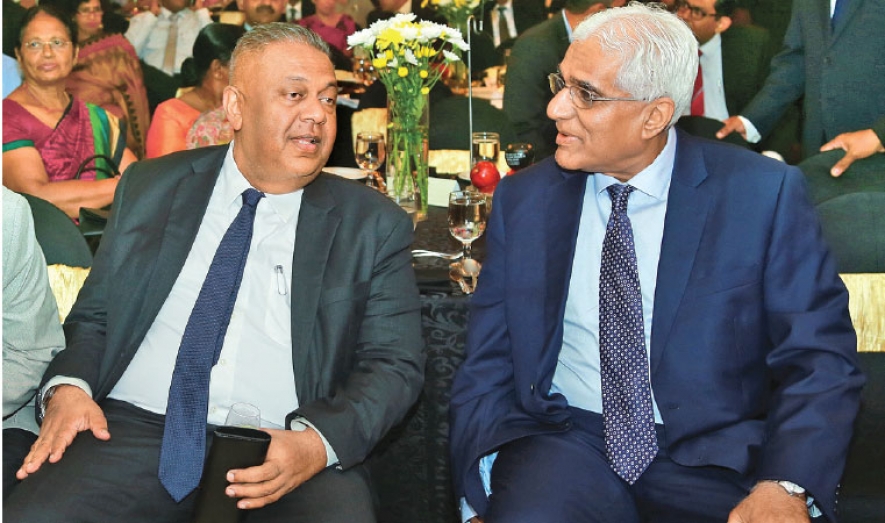“In agriculture for instance we all know that approximately 30% of the labour force accounts for around 9% of GDP. By “protecting” uncompetitive agriculture, we are trapping farmers in low wage economic activity. It is clear that we need to gradually shift into higher value agriculture to improve output per farmer, and thus income per farmer.”
The Minister emphasised that, “to get there we need investment and technology – both FDI and domestic private investment. This same principle applies to all economic sectors; many of which are uncompetitive but have been protected, stifling competition, innovation, and real wage growth, whilst imposing high costs of protection on consumers.”
“Sri Lanka will have to need a shift of economic activity into sectors where the island would be globally competitive and move out of sectors where we cannot compete.” It is in this context that the government has embarked on a shift in the economic trajectory of Sri Lanka from a protected domestic market driven economy, to a more outward oriented economy.“The future of our economic growth must be through exports, entrepreneurship, FDI, and private enterprise,” the Minister emphasized.
“Sri Lanka needs private investment creating jobs in globally competitive sectors. We have in the past been successful in sectors such as apparel and ICT, but this needs to be expanded in many more sectors.The government has also designed a Trade Adjustment Programme that will provide the tools to re-skill workers and provide concessionary finance to help firms affected by competition to enhance their competitiveness



















